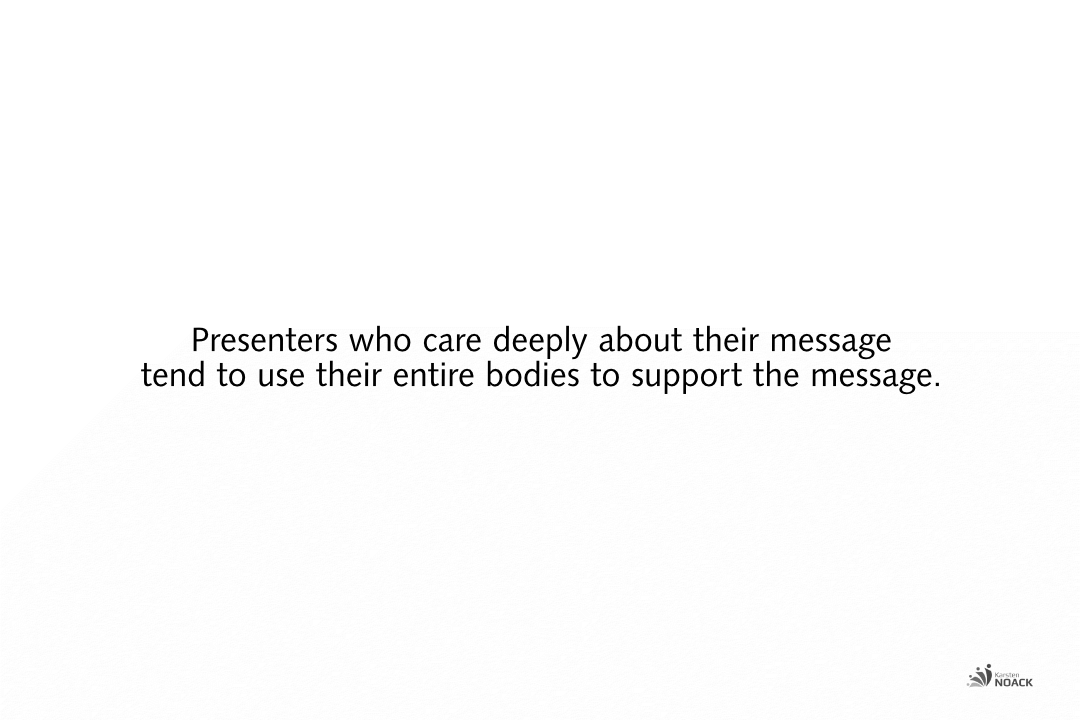How you doin'? Talking about diseases
Put your phrases away. We need good conversation.
How you doin’? Talking about diseases.
The question “How are you?” is a constant one. Very few people answer it as a serious question. If, however, it is answered too personally, it overwhelms those who only ask out of habit or politeness. So, what do we do when we learn that a person we are talking to has a serious disease?
Overview
How you doin’?
The question “How’s you doin’?” polarizes. Some people dislike it because they think it is not meant seriously. Others consider it a harmless phrase, which should be met with a friendly phrase. Very few people take it as a serious question. If the answer is too personal, it will overwhelm those who only ask out of habit or politeness, especially if there is no close relationship with the interviewer.
Talking about diseases
Some people interpret the question “How’s it going?” as an invitation to report on the current state of health in astonishing depth.
Whoever asks should not be surprised if there is an honest answer, right?
What should we do if our colleague gives us such detailed descriptions of his headaches that we want to take painkillers ourselves? What if we meet the next-door-neighbor in the supermarket and hear about her cancer diagnosis instead of “Everything’s great!”.
Shared suffering, half suffering?
It is questionable whether the saying ” Shared suffering, half suffering”, which is often heard in Germany, can withstand a statistically tenable investigation. Thus, the context and the relationship of those involved are very important.
Anyone who constantly complains about every little bit of trouble does neither himself nor his environment any favors. This damages one’s reputation and does not exactly make other people seek closeness. Such people are soon no longer taken seriously when the depression turns out to be a mild melancholy and the occasional headache is always decorated as a migraine of the century.
Talking too often about illness is not so good for the soul and overall condition. The constant focus on problems restricts perception, thinking, and action, and additionally lowers the quality of life. This makes you even more unhappy! Too much focus on illnesses is terrible, but not to talk about it at all is not a solution.
A trustful talk about suffering is something that can be very liberating. That is then also a proof of trust, an indication of the importance of the relationship between people. But this is best done in a private setting.
So you’d rather not ask?
When a person asks another person in everyday life “How are you?”, it is usually just a polite phrase. That’s why I don’t like this question very much.
It seems particularly frequent and superficial to me in the USA, where “How are you?” or “How you doin’?” can be heard as often as “Hello!”. I understand the function. To meet each other in such a positive way makes living together easier. A friendly atmosphere is created. Nevertheless, it always seems a little strange to me. I think it’s better if we mean what we say. Admittedly, a “How’s it going?” often comes out automatically. Many people are not aware of the meaning of these words. That’s why I work with my clients on their presence. This requires to means what is said.
If you ask, you should expect to get an honest answer. If you can’t handle it, you shouldn’t even ask. However, if you ask, you may also accept the reaction.
What to do if the answer is unpleasant?
How do we respond appropriately to unpleasant revelations? What reactions and words are appropriate – and when should we be silent? Hardly anyone is prepared for this. That is why such a situation usually catches us by surprise.
It helps to have a good sense of whether further inquiries are desired. It is good to show true compassion, but no one has anything to gain from it if the sick person has to comfort his or her interlocutors. “Cheer up”, “You can do it” or the demand of a promise to become completely healthy again is rarely helpful and can be perceived as an imposition, especially in the case of life-threatening illnesses. Such behavior is just as unhelpful as well-meant advice or exaggerated attempts at encouragement. Often the best reaction: listen, listen honestly! Otherwise, it helps to ask what expectations there are.
While well-trained therapists have learned to take care of themselves and their minds, this is not a matter of course. Take good care of yourself. You may also speak respectfully if something gets too close to you. There are situations for which there are no ready-made solutions.
Be ready for important conversations and negotiations
Communication can be easy. But often it is not. Sometimes we say one thing and then realize later, based on the other person's reaction, that they were talking to someone else. With the best will in the world, I didn't say that. - Or did I?
More or less consciously, conversations are about convincing other people of something - be it a special offer, your personality, a perspective, or a necessity. If this doesn't happen quickly enough, and above all, if it isn't precise and vivid, the other person quickly loses interest, and we lose the hoped-for opportunity. - The conversation has failed.
You can let me help you prepare for your meetings and negotiations (to be on the safe side: no legal advice!). Find out how you and your message are perceived (arguments, body language, language, voice, and much more). I will train you in effective tools and communication strategies. Develop your psychological skills, learn to stay calm, act confidently, remain authentic, and ultimately convince.
Just ask me personally
Please post any questions that may be of interest to other readers in the comments. Looking for professional help?
If you are interested in coaching, training or consulting, if you have organizational questions, or if you want to make an appointment, you can reach me best via this contact form (you can choose whether you want to enter your personal data) or via e-mail (mail@karstennoack.com). The privacy policy can be found here.
Transparency is important. That is why you will find answers to frequently asked questions already here, for example about me (profile), the services, the fees and getting to know me. If you like what you see, I look forward to working with you.
Remarks:
In the address bar of your browser, the URL should begin with "https://www.karstennoack.com/...". This indicates a secure connection (SSL). Whether you enter your real name is up to you.
Present the benefits in the beginning of your pitch
There are many strategies to consider in opening your pitch. Think about it twice, because those first minutes can make or break you.
You should know Godwin’s Law in order not to fall into the trap
What is Godwin’s Law? And how does it relate to everyday communication, speeches, and presentations?
What effort and cost for the preparation of a conversation or negotiation are justified?
If you expect something from a conversation, it pays off to prepare accordingly. With a good conversation, a lot can be achieved and investments are worthwhile. So far so good. Which effort exactly is worthwhile?
Professional impact analysis: How are you perceived by other people?
How do you actually affect people in conversations, speeches and presentations, in interviews? Professional feedback helps. What insights does an impact analysis offer you?
17 tips for facial expressions in speeches and presentations
This article deals with what it is worth paying attention to as a speaker concerning facial expressions.
These 20+ conversation tips let you talk without interruption!
What kind of people don’t let you finish your talk? In a good conversation, everyone has his part. Everyone can talk and let the other talk. But why are some people interrupted so often and what can be done about it? Here are some tips to reduce the likelihood to be interrupted while you speak.
Public speaking: Keeping it simple doesn’t mean you’re stupid
One should choose the simplest explanation of a phenomenon, the one that requires the fewest leaps of logic. The more complex something is, the easier we should explain it.
17 signs that someone is a manipulator
Not every attempt to manipulate us is obvious. Especially the professional manipulators learn how to hide their intentions. Unfortunately, there are a lot of those manipulators in business and private life. Learn how to recognize manipulators.
Don’t ignore conflicts!
When problem-solving everyday issues become a tug-of-war over who’s right and who’s wrong, then settling even the smallest of discussions becomes a battle. Don’t ignore conflicts. Deal with them!
Five fingers for a structured speech. Five-finger speech structure.
The five-finger speech structure step by step. Systematically build up statements, whether for speeches, presentations, or discussions.
Those who want, misunderstand us
Even if we provide a message with the appropriately deserved chance, it is not always communicated fairly. Then the best techniques and immense preparation help you only to a limited extent. Some hair can be found in every soup (German figure of speech), or conjured into it. What to do?
Being right at all costs. The price we pay for needing to be right.
Persuading without arguments, assertiveness, winning without consideration, knockout by nasty tricks, black magic, manipulating. It is a coveted feeling to be right.

This article is a short excerpt from the more comprehensive course materials my clients receive in a group or individual training or coaching.
Published: September 1, 2019
Author: Karsten Noack
Revision: August 20th, 2023
Translation: ./.
German version:
K:
H:
T: RR
#121












0 Comments